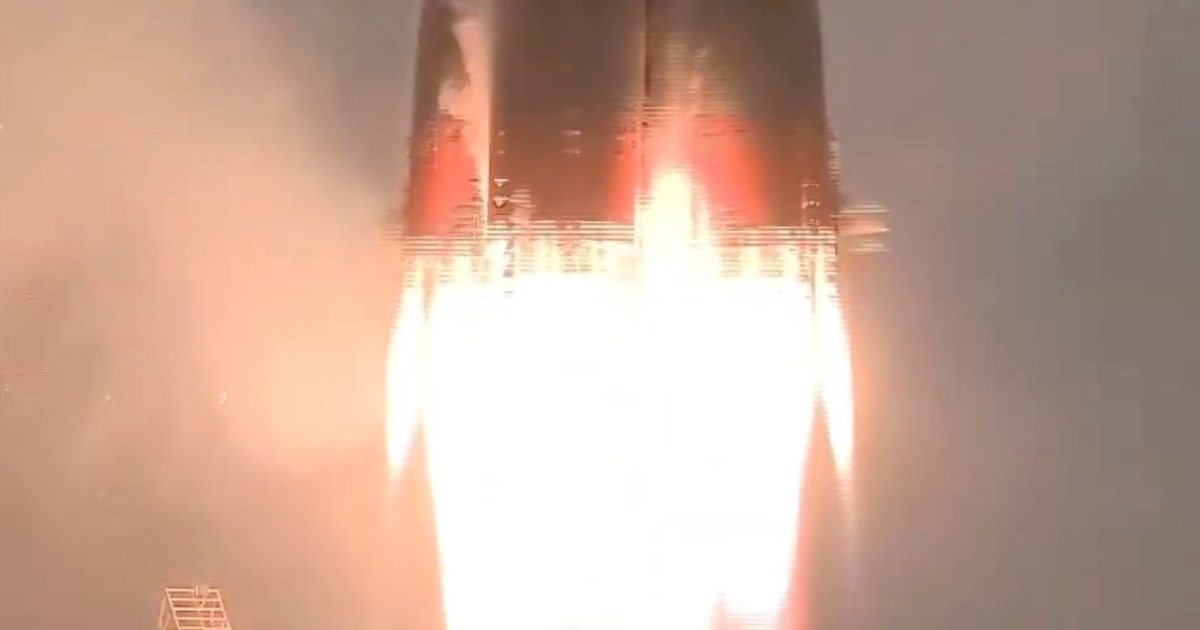
Russia has successfully launched a Soyuz-2.1b rocket on a mission to the moon — its first trip to the lunar surface since 1976.
The uncrewed Luna-25 mission left the launchpad at the Vostochny Cosmodrome in Russia’s far eastern Amur region on Friday morning local time (7:10 p.m. ET, Thursday).
Russia’s lander is due to reach the moon’s surface on around August 23, about the same time as India’s Chandrayaan-3 lunar lander, which launched on July 14 and entered a lunar orbit last week.
The goal of Russia’s one-year mission is to land an exploration vehicle on the moon’s South Pole where it will examine the makeup of the lunar soil, including a search for water ice. It will also analyze the plasma and dust in the thin lunar exosphere.
NASA has already confirmed that water ice exists on our nearest neighbor. If successfully harvested, it could be used for drinking water and oxygen by long-term crewed missions to the lunar surface, and even be processed to provide fuel for rocket launches to deep space from the lunar surface, which due to its lack of strong gravity would offer more efficient launches than from Earth.
Russia’s lander features a four-legged base with landing rockets and propellant tanks, while an upper compartment contains solar panels, communication equipment, on-board computers, and most of the science apparatus, NASA said. It also includes a 1.6-meter-long robotic arm with a scoop for the removal and collection of lunar materials from depths of up to 3o centimeters.
Russia’s mission has been delayed by around two years for various reasons. One was down to its invasion of Ukraine in early 2022, which prompted the European Space Agency to cancel work on a camera designed to help the lander touch down safely.
Reaching the moon is one thing, but landing in one piece is another challenge entirely. A Japanese mission recently failed to become the first private company to make a successful soft landing on the lunar surface, and a similar effort by India in 2019 ended in failure.
All eyes are now on Russia and India’s individual missions as they prepare to approach the lunar surface.
Editors’ Recommendations
Services Marketplace – Listings, Bookings & Reviews
